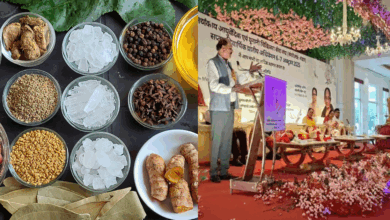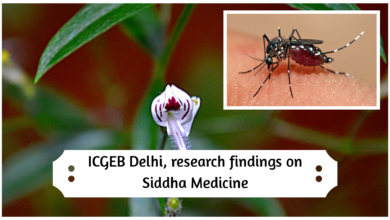Centre’s Committee Developing Framework for Integrative Health Policy
Key Objectives of the Policy

The Government of India is working on a comprehensive integrative health policy aimed at combining traditional systems of medicine, such as Ayurveda, Unani, and Siddha, with modern healthcare practices to provide holistic patient care. A central committee, appointed by the government and led by Dr. V.K. Paul, Member (Health) at NITI Aayog, is tasked with formulating this framework to ensure an inclusive, affordable, and evidence-based healthcare system.
Key Objectives of the Policy
The committee’s primary goal is to establish a structured framework that integrates different medical disciplines, fostering synergy between traditional and modern approaches. This initiative seeks to enhance patient outcomes by utilizing the best practices from both systems.
Ongoing Integrative Efforts
The Ministry of Ayush, in collaboration with the Ministry of Health & Family Welfare, has already taken steps toward integrative healthcare by setting up Integrated Ayush Departments in central government hospitals. Notable institutions such as Vardhman Mahavir Medical College & Safdarjung Hospital and Lady Hardinge Medical College in New Delhi now have operational Departments of Integrative Medicine, facilitated by the All India Institute of Ayurveda and the Central Ayurveda Research Institute.
Future Vision
The proposed policy aims to promote scientific validation of traditional medicine while encouraging research and innovation in integrative health. This step is expected to improve accessibility and affordability of healthcare in India, offering patients a wider range of treatment options.
With the government’s sustained commitment, this integrative health policy could mark a significant shift in India’s healthcare landscape by combining ancient wisdom with modern scientific advancements.


